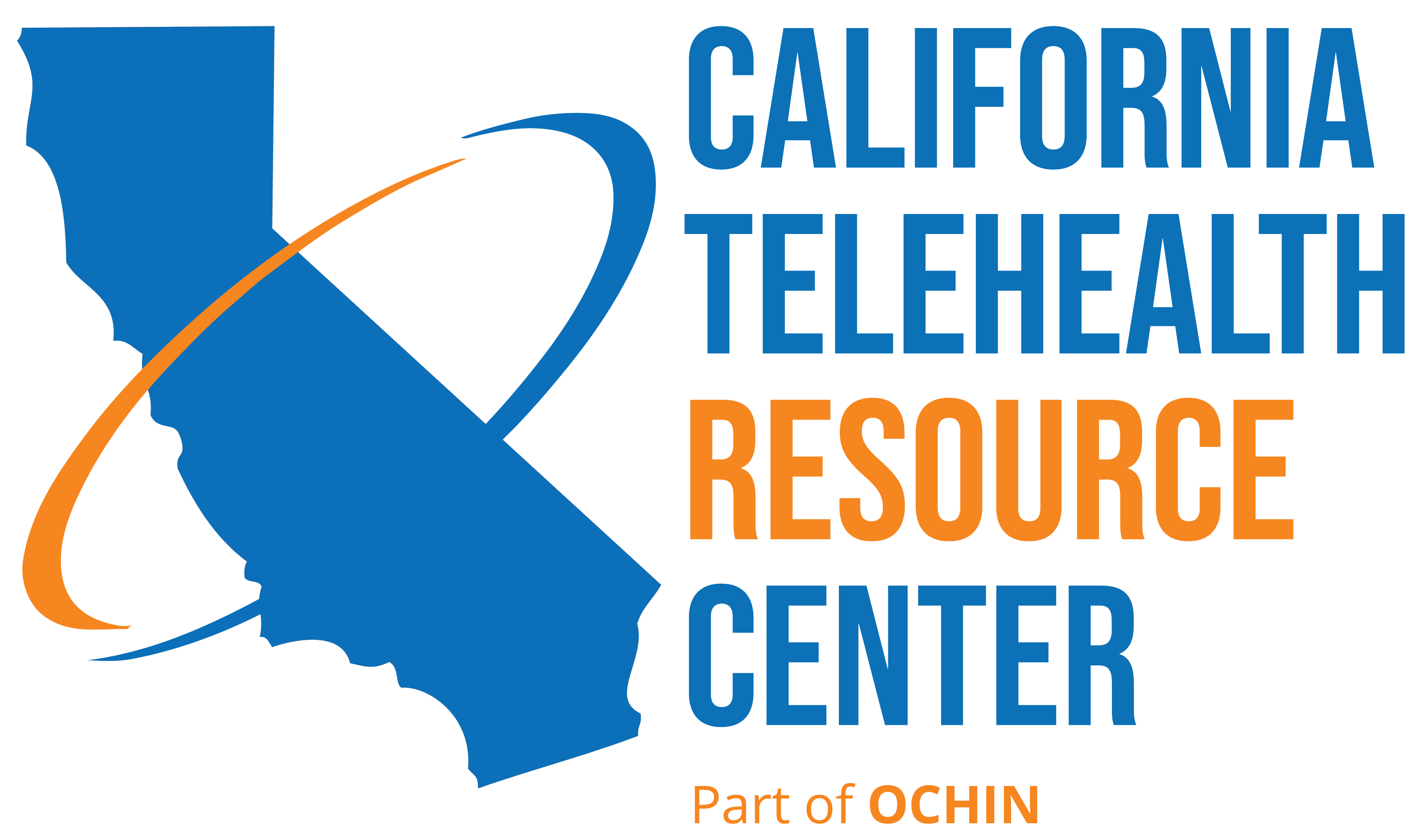Keeping up with AI in California: Federal and State Executive Branch
Authored By: Rebekah Glick (March 18, 2025)
In a rapidly evolving digital landscape, California is at the forefront of AI. In this blog series, we’ll dive into the latest AI polices and guidance and explore what these changes mean for healthcare providers, tech innovators, and patients alike. Stay tuned—there’s a lot to unpack! And, looking ahead, we will alert you to bills that are pending that you should keep in mind as your think about AI healthcare applications from research, business operations, public health, population health, and clinical care.
New Federal Executive Order: Removing Barriers to American Leadership in Artificial Intelligence. On January 23, 2025, the Trump Administration issued an Executive Order on AI. Key points:
- Senior White House officials must develop an AI action plan within 180 days around sustaining and enhancing US global dominance in AI.
- The administration will review actions taken under President Biden’s 2023 AI EO that do not align with the new Trump Administration policy objective, and suspend, revise or rescind anything that does not align.
- The Office of Management and Budget (OMB) AI memoranda must be reissued within 60 days on the federal government’s acquisition and governance of AI to ensure they align with the new policy objective.
Federal agencies are now moving forward to develop plans. Currently, the Trump Administration is seeking comments on the following:
- National Science Foundation Request for Information on the Development of an Artificial Intelligence (AI) Action Plan (Link)
- National Institute of Standards and Technology (NIST) Cybersecurity and AI Workshop Concept Paper (Link)
CA Attorney General (AG) Bonta Issued Guidance on Application of Law to Healthcare Entities.
- In 2022, AG Bonta sent a letter to 30 hospitals requesting information about how they identify and address racial bias in commercial decision-making tools as part of a DOJ inquiry into whether commercial healthcare algorithms have discriminatory impacts.
- This year, AG Bonta issued guidance on January 13 to highlight that that several existing California laws are applicable to the use of AI in health care settings, including around health care consumer protection laws (including the Unfair Competition Law and various professional licensing laws), anti-discrimination laws (including the Unruh Civil Rights Act), and patient privacy and autonomy laws (including the Confidentiality of Medical Information Act and the Information Practices Act).
CCPA Regulatory Framework for Automated Decision-Making Technology
- The California Privacy Protection Agency (CPPA) published draft regulations in November 2024 (notice of rulemaking) to enhance consumer privacy rights and address businesses’ use of Automated Decision-Making Technology (ADMT).
- The California Privacy Rights Act (CPRA) of 2020 required the CPPA to add regulations around personal information, cybersecurity, risk assessment, and ADMT.
- In 2023, the CPPA issued a preliminary comment period on Cybersecurity Audits, Risk Assessments, and Automated Decision-making.
- The draft regulations define ADMT, address consumer rights, and business obligations. Highlights of the regulations include:
- Increasing consumers’ control over their personal information.
- Increasing cybersecurity audits to protect personal information.
- Requiring businesses to maintain data quality for ADMT or AI and mitigate the risks of using skewed data to train AI.
- Requiring businesses to provide information to consumers about their use of ADMT.
- Ensuring consumers have the right to request to opt-out of ADMT.
- Current status: The comment period has closed and final regulations have not been issued.
Check back as CTRC will report on the final action plan that the Administration will be issuing.
Follow us on LinkedIn for more on digital health innovation in California!









Leave a Comment